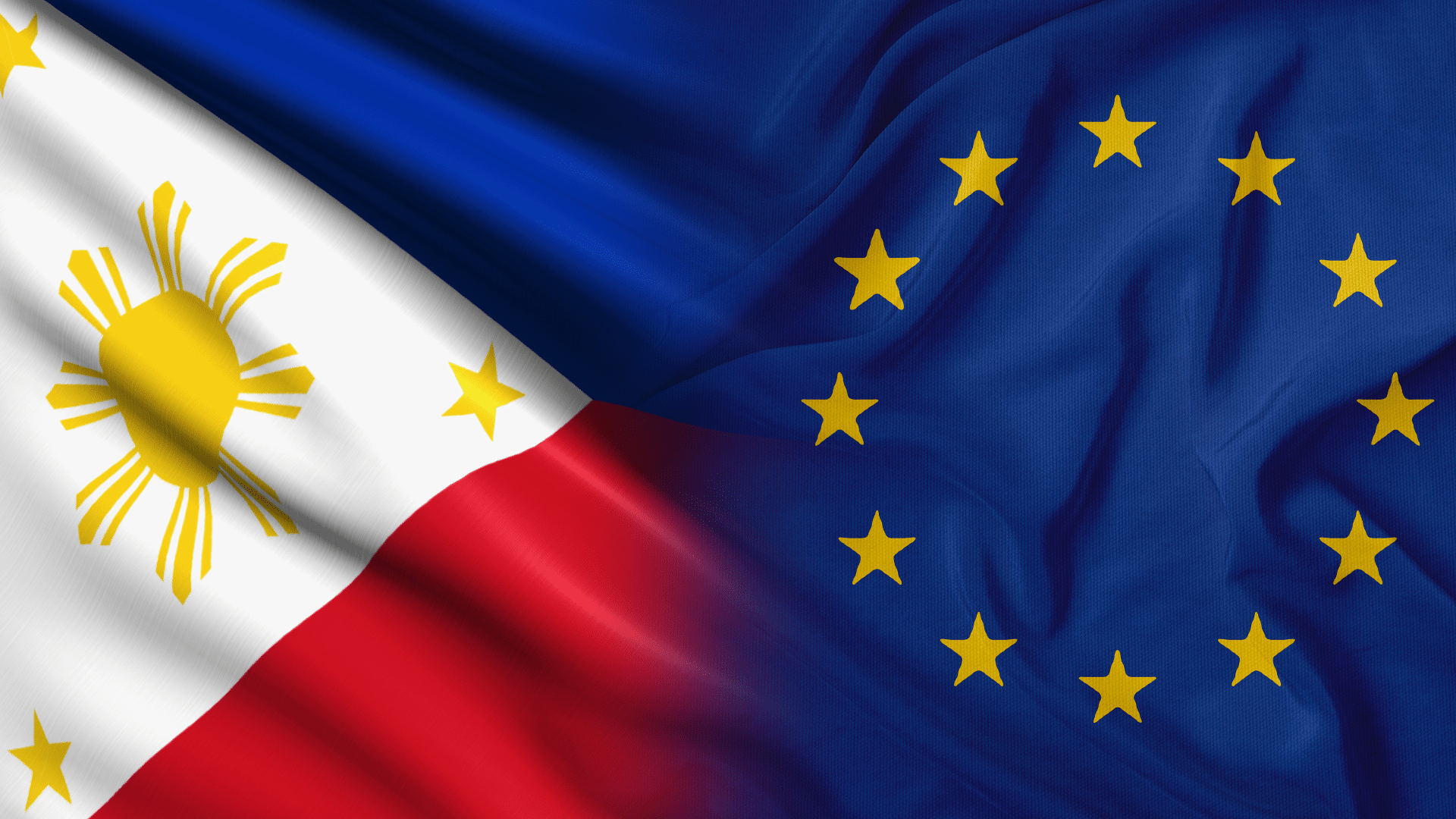
CLOSE to 60 percent of Filipinos prefer the legitimization of the "habal-habal" or the unregulated motorcycle transport service, a recent survey showed.
Motorcycle hailing application Angkas cited the recently published study of the WR Numero Philippine Public Opinion Monitor, a "pioneering and innovative public opinion research initiative," that showed 58 percent of Filipinos "agree with or strongly support" the legalization of the service, with 78 percent considering having an advocate in Congress being essential to the cause. Angkas said this underscores the need for motorcycle taxis in the lives of Filipinos.
Angkas said their chief executive officer, George Royeca, championed job opportunities for habal-habal riders and provided legitimate options for commuters.
It said Congress is working on regulatory laws for motorcycle taxis that are structured according to the Department of Transportation-Technical Working Group's recommendations after conducting a feasibility study on the platform with three players participating, including Angkas.
Meanwhile, the same survey also revealed that awareness of the Angkas platform was "notably high," with 48 percent of Filipinos recognizing it. In addition, 45 percent of Filipino participants in the study use the habal-habal as a transportation method, with 14 percent using it regularly and 11 percent using the platform two to four times a week.
Since its inception in 2016, Angkas has worked to dispel the belief that using motorcycles to ferry passengers is unsafe, proving that with proper training and education, motorcycle taxis can be a viable and safe alternative form of transportation.
By 2019, Angkas had established its safety credentials with a remarkable 99.997 percent safety record, as presented in multiple court and congressional hearings. This success led to the Department of Transportation forming a technical working group to pilot a feasibility study on MC Taxis, with Angkas and two other players participating.
To date, over 50,000 motorcycle drivers have been lifted out of poverty through Angkas, thanks to Royeca's biker welfare initiatives like reliable loan programs, benefits and incentives that formalized the habal-habal sector.
Read The Rest at :




